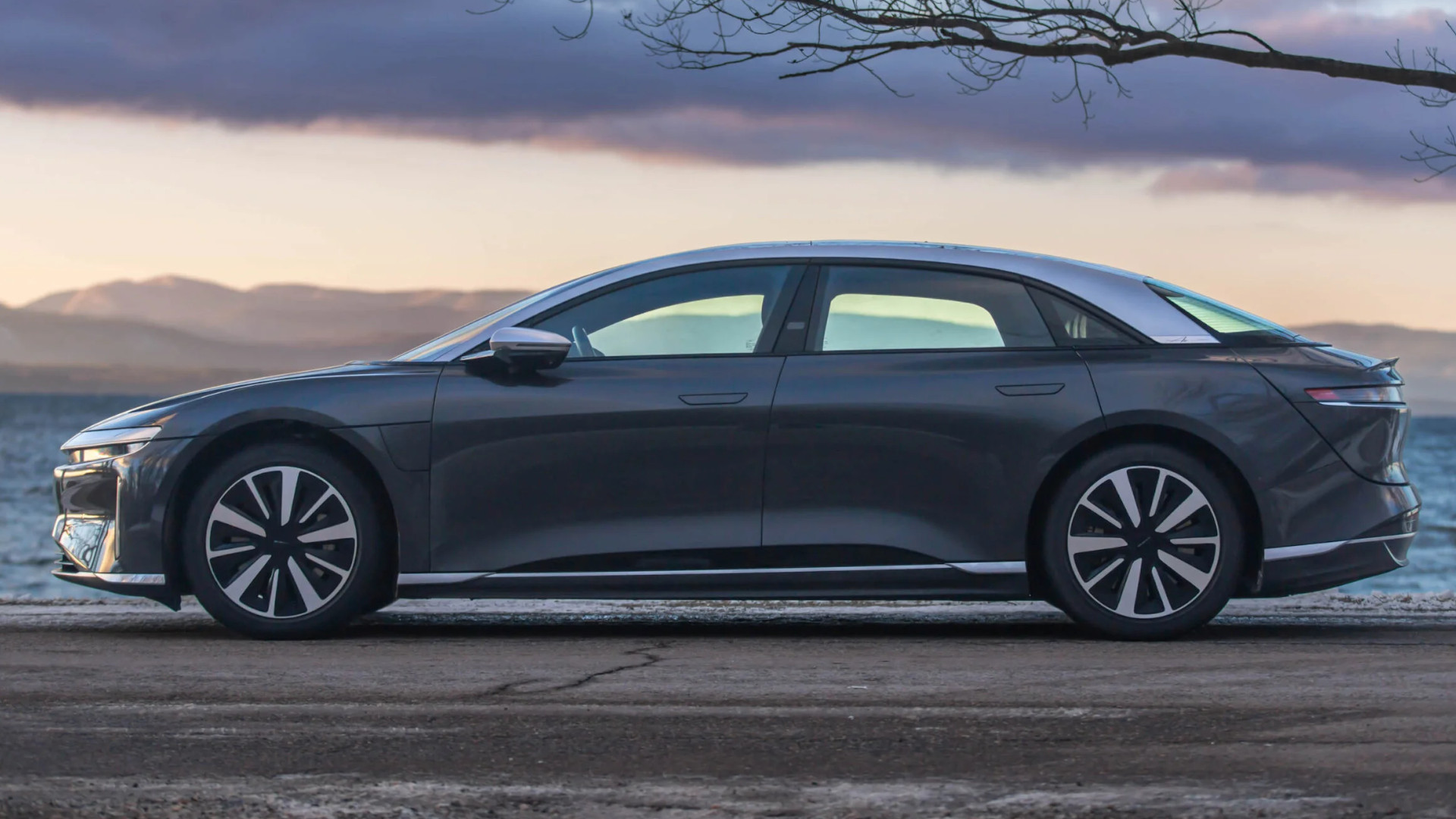

Tesla’s first high-volume product was the Model S luxury sedan, which set the stage for the company’s march toward the mainstream Model 3 a few years later. Now, it appears Lucid may be attempting to tread a similar path with plans to produce more affordable cars in the near future.
In an interview with ABC News, Lucid Motors CEO Peter Rawlinson discussed the company’s plans and the current state of the automotive industry. The ex-Tesla engineer (Lotus and Jaguar, too) has overseen the development of the Lucid Air and the upcoming Gravity SUV, with the company’s vehicles offering prodigious range and compelling performance. Down the line, though, Rawlinson plans to turn the company’s attention to models that can appeal to a broader market.
“The key obstacle to widespread adoption in the U.S. and worldwide is the entry price point of an electric car,” Rawlinson told ABC. “I am profoundly aware that we need to push the price down so more people can afford electric cars.”
Today, the cheapest Lucid costs over $80,000, but that could all change in coming years. “We are targeting a price—and don’t hold me to this—around $50,000,” said Rawlinson. “I wish I could go to a lower-price car but it’s the best this company can do in this mid-to-late decade time frame.”
The key to achieving this is finding efficiency gains for new EVs. More efficient vehicles can go farther on smaller battery packs, which helps make them cheaper to build. The CEO noted the company hoped to achieve an efficiency of 6 miles per kilowatt hour in the future while targeting 5 miles per kilowatt hour for the Lucid Air. The luxury sedan currently achieves 4.74 miles per kilowatt hour in its current trim.
Rawlinson also believes that large-battery, long-range EVs won’t necessarily be the way of the future. He envisages a world of highly efficient cars with 25 kWh batteries capable of 150 miles on a full charge, and where regular short stints at chargers are the norm. “You need to adopt a top-and-go mentality with EVs,” said Rawlinson. “Get a cup of coffee, use the restroom, plug in for eight minutes, top and go.”
It makes plenty of sense for Lucid to expand its potential customer base with more affordable vehicles. The key will be whether the company can find the right combination of technology and cost savings to build a compelling vehicle at a lower price point, while also scaling manufacturing to meet demand. It’s a hard road, but one that can pay dividends, as demonstrated by Tesla over the past decade.
Got a tip? Let the author know: lewin@thedrive.com